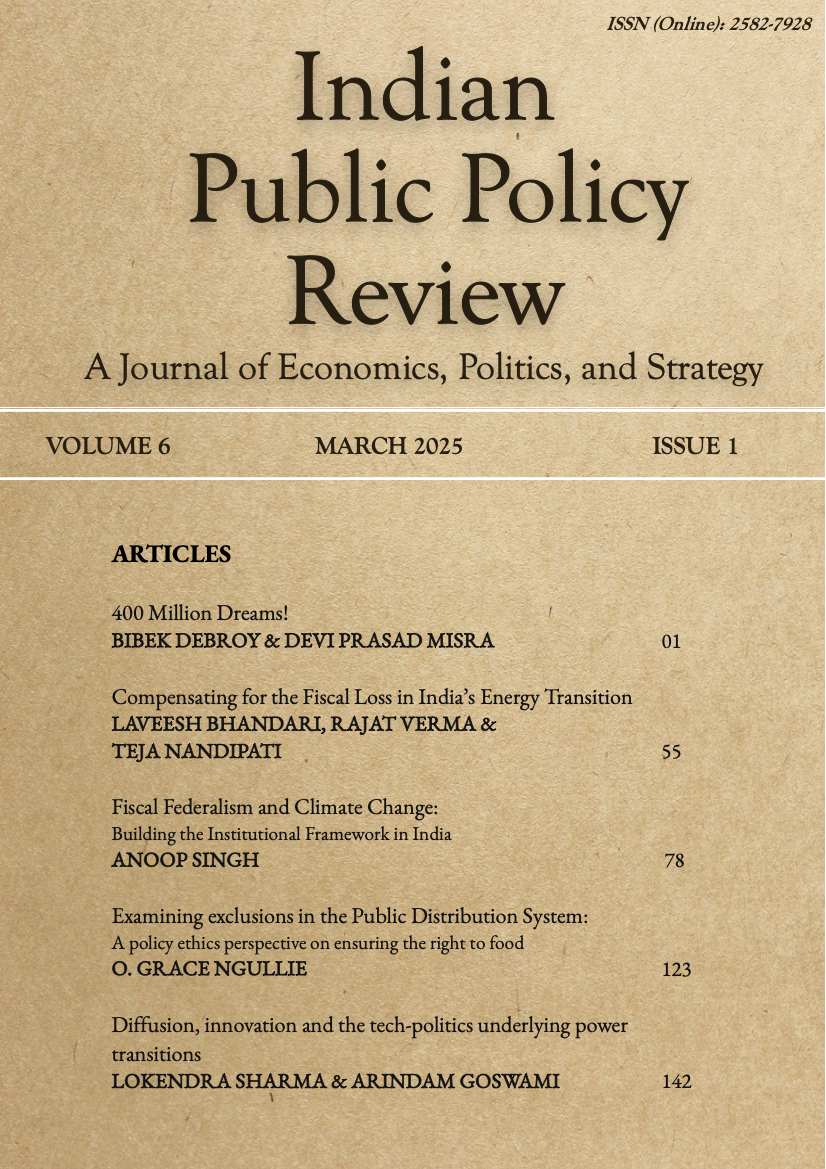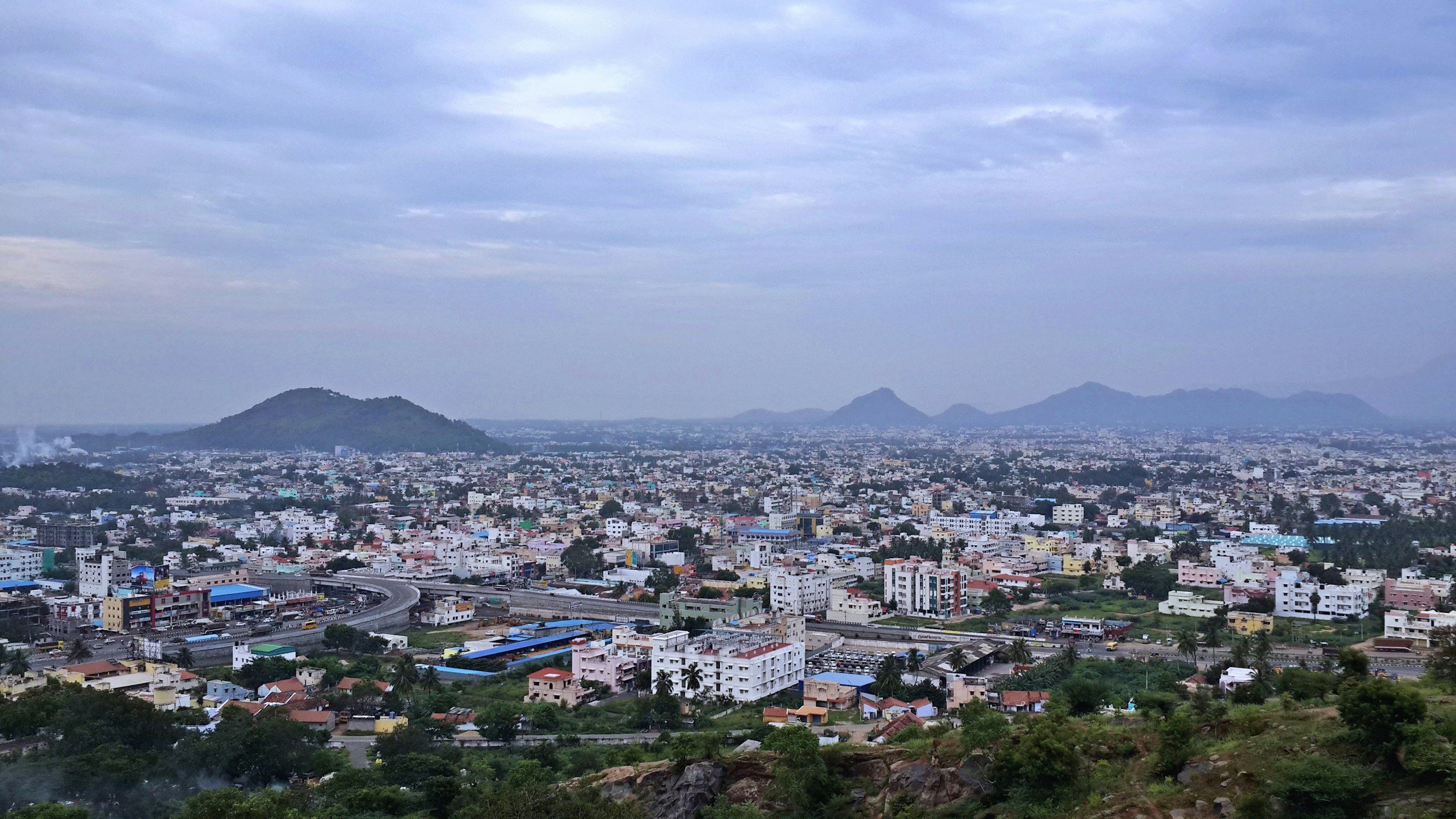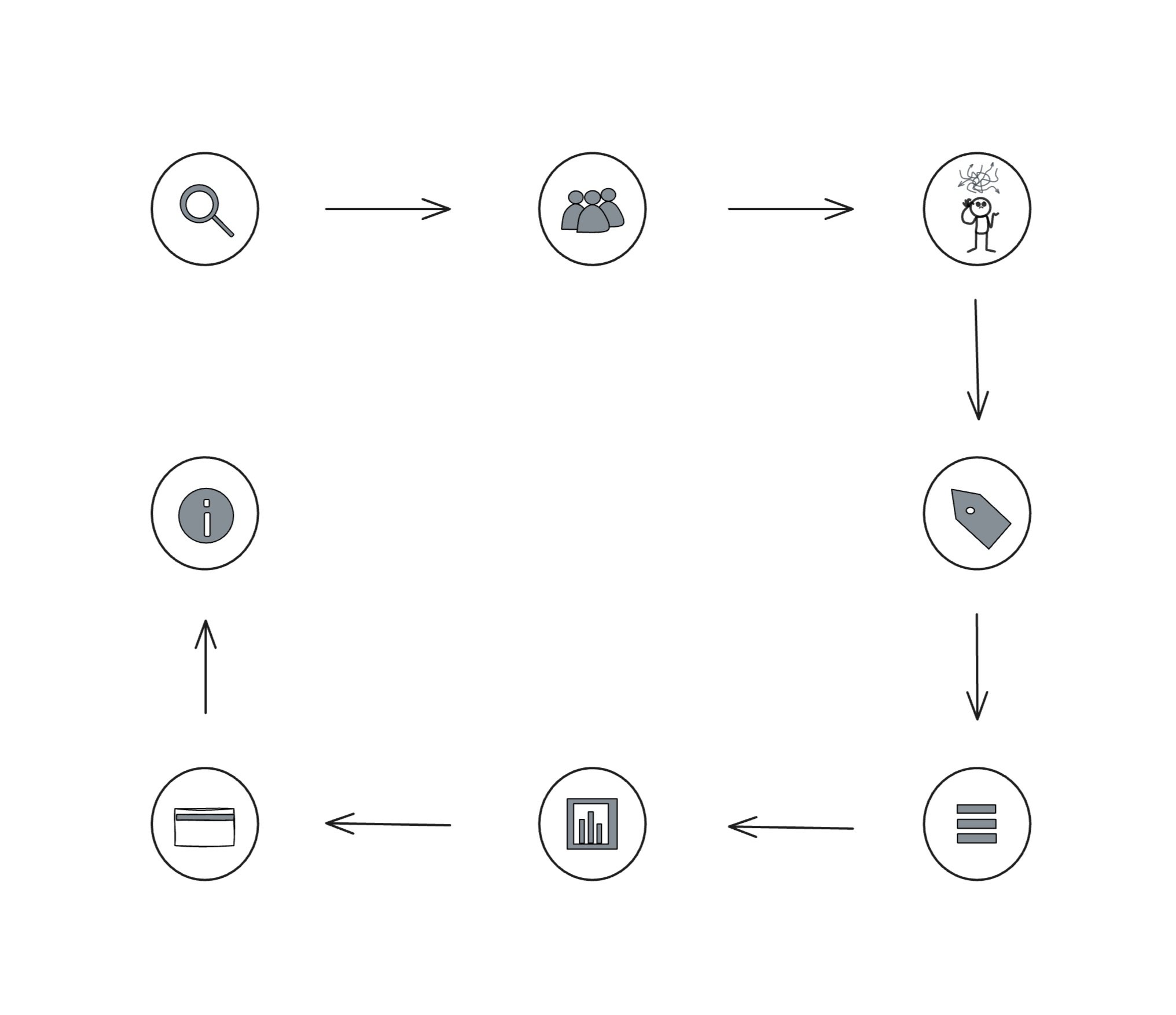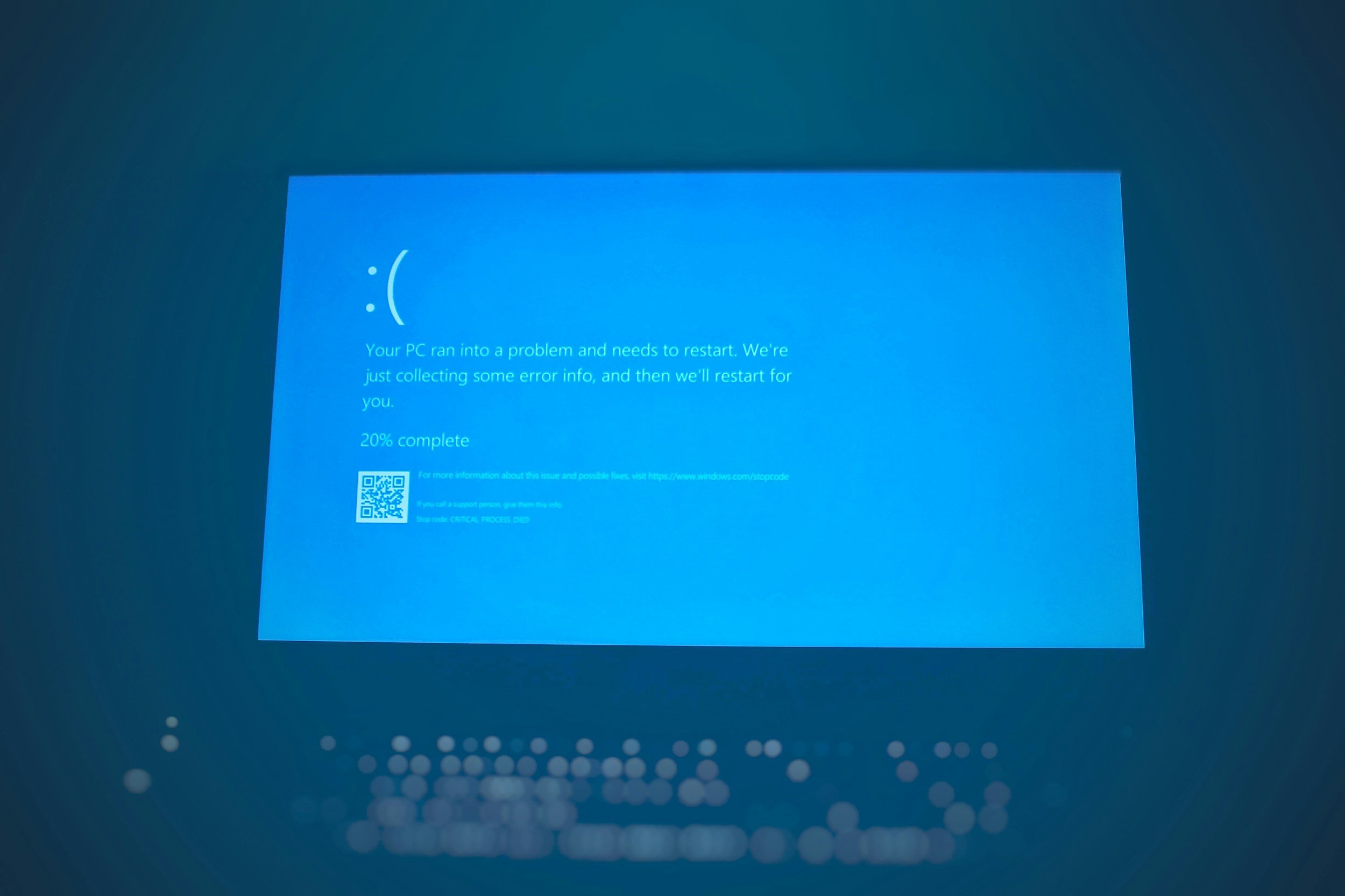
High-Tech Geopolitics Programme
The HTG Programme at The Takshashila Institution explores the geopolitics of technology from an Indian national interest perspective.
About the Programme
Nations are vying for dominance in several critical and emerging technologies such as artificial intelligence (AI), quantum computing, semiconductors, telecommunications, and cybersecurity to gain strategic advantage. Rivalries between major powers are intensifying as they invest in research and development, IP protection, and industrial policies.
Developing countries like India are also striving to enhance their capabilities. The HTG Programme works on navigating these issues while balancing growth, security, ethics, and international cooperation as crucial factors responsible for shaping the future of emerging technologies, and the geopolitics associated with it.
Our work on formulating a Techno-Strategic Doctrine for India lays out imperatives, objectives, and approaches to thinking about technology and strategy.
Subscribe to Our Newsletter
Interested in Technology Geopolitics?
Our Areas of Focus

Advanced Computing
This initiative is aimed at understanding the geopolitics of high speed and quantum computing, evaluating India's strengths and weaknesses in these fields, and proposing policies to give India an advantage.
Read about our work on Building India’s Quantum Ecosystem

Information Politics
This initiative is dedicated to understanding geopolitics in the Information Age. One of the key projects under this initiative is to develop a governance mechanism for digital communication networks, in ways that maximise the benefits and minimise the harms.
Read about our work on Rebooting Artificial Intelligence (AI) in India

Takshashila’s The Siliconpolitik Project tries to answer how do semiconductors play a role in changing the global technology landscape and what role does India have to play in it? Our work spans the semiconductor IC ecosystem, metals and materials used in producing electronics, and the broader electronics ecosystem.
Read about our SWOT Analysis of India’s Semiconductor Ecosystem

Technical Standards
The next geopolitical tussle between technologically advanced states will be the race to set technical standards in critical and emerging technologies. What should India’s approach be? That's the focus of the Technical Standards Initiative.
Read about our work on Navigating the Geopolitics of International Technical Standards for India

Strategic Minerals and Materials
Strategic minerals & materials, including rare earth elements, have significant strategic and commercial applications. Considering the post-pandemic geopolitical and economic trends, the global rare earths supply chain offers a precious opportunity for India to emerge as a rare earths supplier for the world.
Read about our work on A Rare Earths Strategy for India

Open Technology
The open technology approach involves using a combination of open source software, open data, and open standards and specifications.
Read about our work on An Open Tech Strategy for India
Recent Analysis
By Lokendra Sharma and Nitin Pai
By Sarthak Pradhan and Shambhavi Naik
By Bharath Reddy, Rijesh Panicker, Sridhar Krishna, Arindam Goswami, Anwesha Sen, Adya Madhavan
By Arindam Goswami, Rijesh Panicker and Colonel KPM Das
By Avinash Shet and Lokendra Sharma
By Lokendra Sharma and Arindam Goswami
Recent Commentaries
By Lokendra Sharma and Ashwin Prasad
By Tannmay Kumarr Baid
By Lokendra Sharma and Pranay Kotasthane
By Ashwin Prasad, Bharath Reddy and Rijesh Panicker
By Tannmay Kumarr Baid and Pranay Kotasthane
By Manoj Kewalramani and Amit Kumar
By Anushka Saxena and Manoj Kewalramani
Blogs
By Satya S Sahu and Pranay Kotasthane
By Bharat Sharma & Saurabh Todi
Meet the HTG Team
Nitin Pai is co-founder and director of the Takshashila Institution, an independent centre for research and education in public policy. His current research includes the geopolitics of the Indo-Pacific; defence economics and the politics of radically networked societies.
Pranay Kotasthane is deputy director of the Takshashila Institution. Pranay’s current research includes high tech geopolitics and the politics of radically networked societies. Pranay teaches public policy, international relations, and public finance at Takshashila’s graduate and post-graduate programmes.
Aditya is an Associate Fellow with the Takshashila Institution. A journalist by training, he has previously worked at Mint and as a freelancer. He has also researched and written on colonial-era Indian military history.
Arindam Goswami is a Research Analyst at The Takshashila Institution, working in the High-Tech Geopolitics Programme. Arindam has completed a B. Tech. in Computer Engineering, an MBA in Marketing and Takshashila's GCPP course in Advanced Public Policy. He has worked extensively in the fintech industry. Until recently, he was heading the backend engineering at SonyLIV.
Lokendra is a Research Analyst with the High-Tech Geopolitics Programme at the Takshashila Institution. His primary research interests are tech-policy, cyberspace governance, internet governance, cyberpolitics, cybersecurity, and generally issues at the intersection of technology and politics (including nuclear developments).
In terms of geography, he closely follows developments in the Indo-Pacific region.
Tannmay is a Junior Adjunct Scholar working with the High-Tech Geopolitics programme at the Takshashila Institution. His primary research interests include mineral technology, supply chain security, emerging technology, cyber-policy, and geo-economics. Otherwise, he enjoys reading indian political and social history, with a special emphasis on constitutional development.
Bharath Reddy is an Associate Fellow with the High-Tech Geopolitics Programme at the Takshashila Institution. His research interests are at the intersections of technology, geopolitics, and India's national interests, focusing on AI governance, open-source technologies, and telecommunications. He also manages the Graduate Certificate in Public Policy (Technology and Policy).
Rijesh is a Fellow with the High-Tech Geopolitics programme at the Takshashila Institution. He works on issues related to the evolution of and geopolitics surrounding quantum technologies.
Ashwin is a Staff Research Analyst working with the High-Tech Geopolitics Programme at the Takshashila Institution. He monitors the evolution of India as a space power by undertaking policy research on the commercial, legal, and strategic aspects of outer space affairs from an Indian national interest perspective.
Ashwin's contact details can be found at linktr.ee/ashwinpras.
Saurabh tracks the geopolitics of emerging technologies, especially in biotechnology and nuclear power. His research interests also include export controls, WMD issues, and the geostrategic dynamic between India, China, and the United States. He manages the Network for Advanced Study of Technology Geopolitics (NAST) Fellowship at the Takshashila Institution and is a consultant with Inklude Labs.











































By Col Vikrant S Shinde